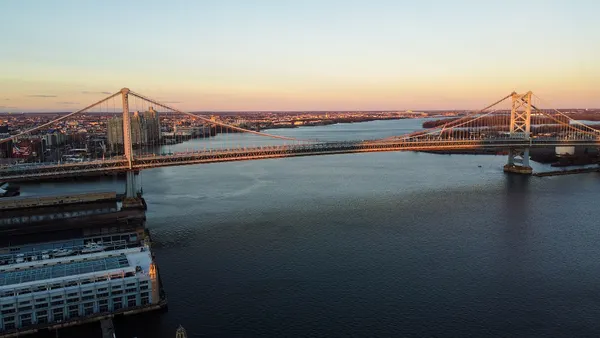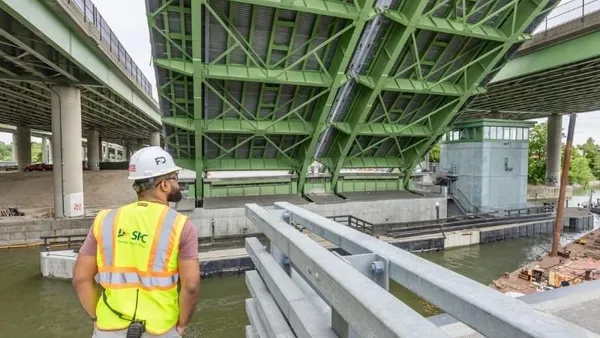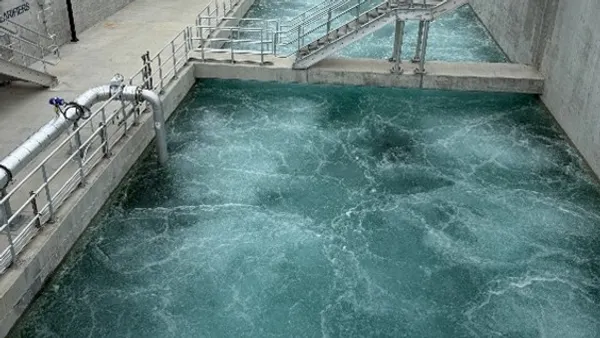Dive Brief:
- Constructing an ultra-high-speed transit line between Vancouver, Canada, and Portland, OR, would cost between $24 billion and $42 billion, according to a Washington State Department of Transportation (WSDOT) study reported by the Vancouver Sun. At speeds exceeding 250 mph, the system could cut the commute time between Vancouver and Seattle to less than an hour.
- The final costs will depend on whether rail officials choose maglev, high-speed rail or hyperloop technology, the latter of which has yet to be proven in any commercial application.
- Projected costs, according to the NW News Network, include tunneling and land acquisition. Officials await the results of an additional economic analysis, paid for by Microsoft and construction trade unions, but Washington Gov. Jay Inslee has requested the state legislature allocate $3.6 million for additional studies concerning the project.
Dive Insight:
In February, state lawmakers set aside $1 million to study a possible ultra-high-speed route. At the time, Washington State Transportation Center officials said that although the land acquisition process could present challenges, a transportation option connecting Vancouver, Seattle and Portland could compete with airline service.
Financing is always a concern for these mega-projects, but Canada could be a money source for the proposed Pacific Northwest line. In August, Inslee was in preliminary talks with Canadian officials about that country's new infrastructure bank footing a portion of the bill.
The proposed rail line isn't the only new project aiming to increase connectivity between the U.S. and Canada. Both countries are working together on another border-crossing project, the $2.1 billion Gordie Howe International Bridge. Canada is paying for the Detroit-Windsor span, and the U.S. will repay its portion via toll collection. Construction crews have already completed $350 million of pre-construction work on both countries' sides of the bridge, but the submission deadline for the project has been pushed back to September of next year.
Lawmakers' and the public's appetite for a new high-speed rail project could diminish depending on the outcome of the investigation into what caused a high-speed train derailment in the Seattle area earlier this week. The National Transportation Safety Board has not yet determined the cause, but, according to CNBC, investigators are looking at the possibility that the driver was distracted and traveling faster than the allowed speed limit on that portion of the route.













